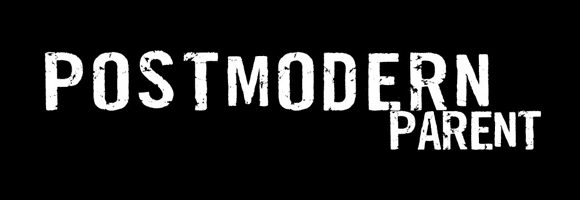08
Jul
2011
Three Things Parents Need to Know About Postmodernism: Part 3
In my first post, I discussed how to teach your kids values in a world of pluralism. As parents, we are facing very new and unique challenges as the world becomes increasingly more postmodern. Part of the challenge is that our kids are growing up in a culture we often don’t understand. The way we learned growing up isn’t necessarily the way they learn things. Our sympathies aren’t necessarily theirs. Although we are speaking the same language, our words may often get lost in cultural translation. I know that if I were to sit down for dinner with my wife and ask her how her day was in English and her respond in Arabic, it would be difficult to communicate. The same can be true with our kids. As parents, we owe it to ourselves to do all that we can to learn the language of our kids, so, in this series, I am going to cover what I feel are three big aspects of the language of postmodern culture that we as parents should know to communicate well with our kids. Here is the first point that we discussed in Part 1 1. “Because I Said So!” Really Won’t Work- 2. The Online World is a an Extension of their Social World– 3. Heightened Sensitivity to Minority Groups I personally can’t stand reality TV. I think the walls of hell will be covered with screens playing re-runs of Real Housewives of Atlanta and Sister Wives. But that’s just me. Despite my entertainment preferences, the rise of reality TV is a great example of an important trend in postmodern culture. Granted, a lot of reality TV is just another manifestation of an oversexed entertainment industry catering to an oversexed culture that has existed since forever. However, with the rise of shows like Sister Wives, Pawn Stars, Little People Big World, and Dirty Jobs, the voices that were once silent in pop culture now have both a voice and a platform. The postmodern generation, because of the oppressive tendencies of those in power in previous years, has in many ways gone to the extreme opposite end of the spectrum in elevating the oppressed and misunderstood minority. Many of the Reality TV shows on air today are great examples of this. Implied in these shows is the message that we need to not only see the different approach to life these people may have, but also respect it. So what does this mean for us as parents? Our children are surrounded by a culture with a hyper-sensitivity to minority groups. This sensitivity doesn’t only extend to issues like race, but to sexuality issues, environmental issues, and political issues. Although this sensitivity can be taken too far and there is a definite balance that we as parents need to help maintain, thistendency is good news. When your kids come home from school wanting to recycle more or help raise funds to save endangered seals in Alaska, don’t immediately call them a “Tree-hugging Liberal”, and schedule an impromptu hunting trip. Recognize the compassion growing in them. When our kids come home wanting to invite their friend with two dads over so they can be friends and better understand them, don’t immediately enroll them in a monastery or convent. Recognize the compassion growing in them. The sensitivity to minorities might be driven by humanistic and self-serving impulses in our culture, but they can be driven by Christ in our kids. It was Jesus who gave a voice to the blind men, the lepers, the prostitutes and demon possessed. When our kids show compassion towards the marginalized, even with environmental issues, we can show them that they are following the example of Jesus. By doing so, not only do we take advantage of great opportunities to teach our children about Jesus, but we also participate in redeeming a postmodern world for Jesus!
